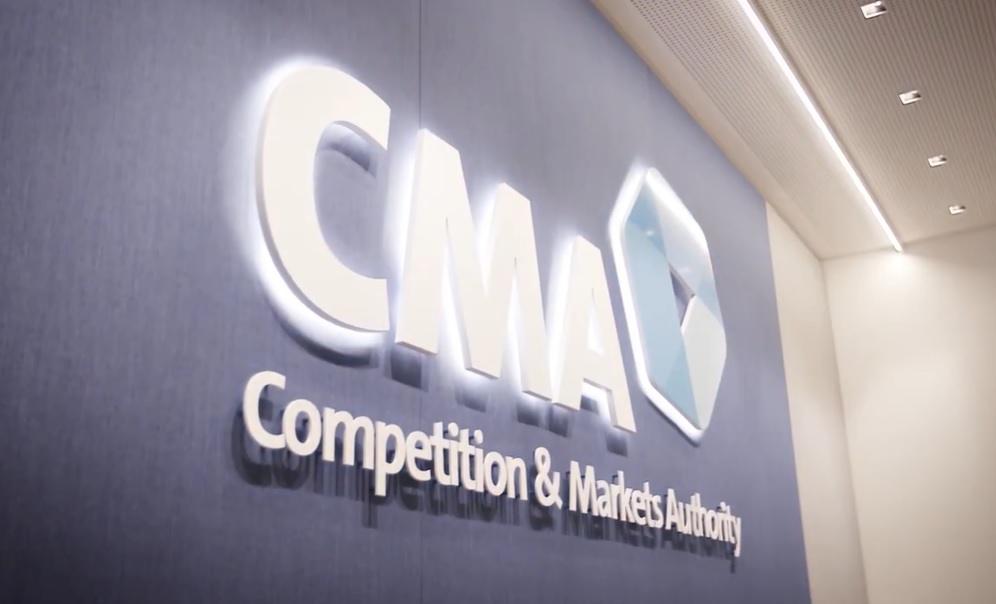UK Launches Greenwashing Probe Into Food, Homecare Products Companies
The UK’s Competition and Markets Authority (CMA) announced that it will expand its efforts to address greenwashing, examining the green claims made by companies marketing items including food, drink and homecare products.
According to the CMA, the probe forms part of its broader greenwashing investigation into whether consumers are being misled by the sustainability claims in the marketing of products and services. The regulator launched a “Green Claims Code” in 2021, outlining consumer law-based principles for making eco-friendly claims, and put businesses on notice that it would begin a full review of misleading green claims.
In 2022, the CMA began examining the fashion sector, leading to greenwashing investigations at retailers ASOS, Boohoo and George at Asda.
Under its new initiative, the CMA said that it will now begin probing the green and environmental claims made on fast-moving consumer goods (FMCG) products, which include food and drink, cleaning products such as dishwasher and laundry detergents, homecare products including toilet rolls and handwash, and self-care products such as toothpaste, soap and shampoo.
According to the CMA, these high demand essential products, representing annual sales of more than £130 billion, are very often marketed as green or environmentally friendly, including 100% of toilet products and over 90% of dishwashing items.
CMA Chief Executive Sarah Cardell said that the regulator’s work has indicated that “there could be greenwashing going on in this sector,” and warned companies that “now is a good time for businesses to review their practices and make sure they’re operating within the law.”
The regulator’s assessment will consider whether companies are complying with UK consumer protection law in their claims, examining concerning practices including the use of vague statements such as “better for the environment” without evidence, misleading claims about the use of recycled materials or the recyclability of the product, and product ranges incorrectly branded as “sustainable.”
Cardell said:
“As more people than ever try to do their bit to help protect the environment, we’re concerned many shoppers are being misled and potentially even paying a premium for products that aren’t what they seem, especially at a time when the cost of living continues to rise.”





